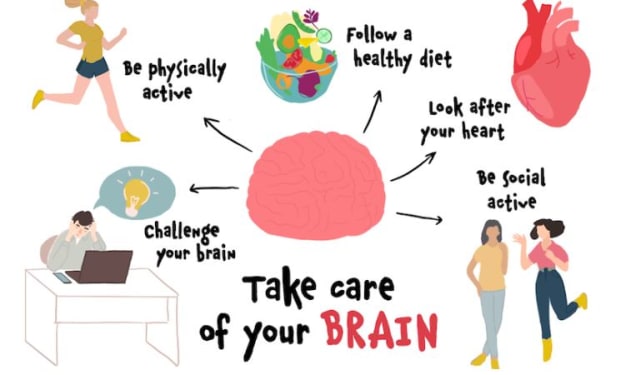"Sleep Myths Explained: Expert Guidance for a Good Night's Sleep"
Expert Advice for a Restful Night's Sleep

There are several common misconceptions about sleep that need to be addressed. One common belief is that hitting the snooze button will give you extra meaningful rest. However, hitting the snooze button is actually detrimental to your sleep as it interrupts valuable REM sleep in the second half of the night. It is better to set your alarm for the latest possible time and commit to getting up when it rings.
Another myth is that sleeping positions don't matter. In reality, wrong sleeping positions can affect your spinal alignment and lead to problems like snoring or sleep apnea. Pregnant individuals, in particular, should pay attention to their sleeping positions for comfort and safety.
Napping is another area where misconceptions exist. While napping can be beneficial, it is important to keep the nap short, around 20 minutes, to avoid grogginess and sleep disturbances at night.
Melatonin is often taken as a sleep aid, but the timing and dosage are crucial for its effectiveness. It should be taken a few hours before bedtime in smaller doses to ensure a restful night's sleep.
There is also a misconception that pulling an all-nighter and then sleeping immediately will help. In reality, it is best to try to get back to your normal sleep schedule as soon as possible to avoid disruptions to your circadian rhythm.
One of the most dangerous myths is that if you snore, you have sleep apnea. While snoring can be a symptom, it does not always indicate the presence of sleep apnea. It is important to consult a healthcare provider if you experience excessive daytime sleepiness or other signs of sleep apnea.
Insomnia is often misunderstood as the inability to fall asleep, but it can also manifest as frequent awakenings during the night. Cognitive behavioral therapy for insomnia is an effective treatment for this condition.
Finally, the belief that more sleep is always better is not necessarily true. Consistency in sleep schedule is crucial, and binge sleeping or oversleeping can disrupt your circadian rhythm. Finding the optimal amount of sleep for your individual needs is key to maintaining good sleep health.
In conclusion, debunking these common sleep myths is essential for promoting better sleep habits and overall well-being. By understanding the truth about sleep and implementing healthy sleep practices, individuals can improve their quality of rest
About the Creator
Joseph Villarito Canete
I am the architect of my imagination, constructing worlds with mere words and sculpting the human experience through the artful manipulation of language.
Enjoyed the story? Support the Creator.
Subscribe for free to receive all their stories in your feed. You could also pledge your support or give them a one-off tip, letting them know you appreciate their work.






Comments
There are no comments for this story
Be the first to respond and start the conversation.